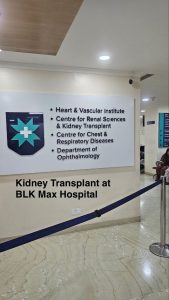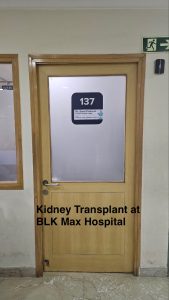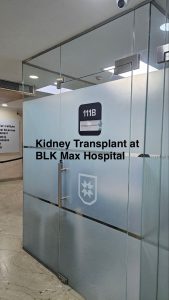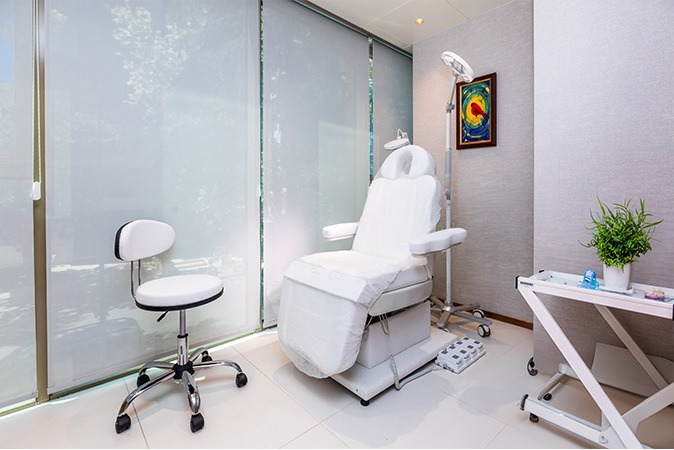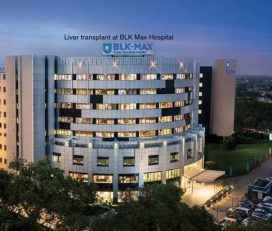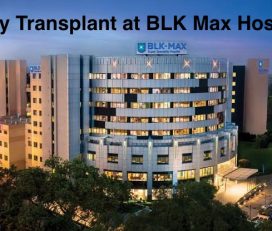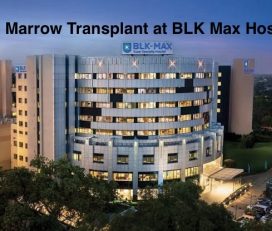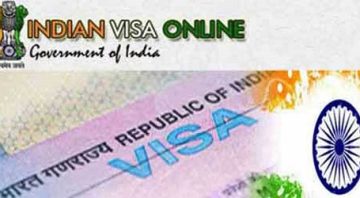
Kidney Transplant at BLK MAX Hospital, New Delhi, India.
Kidney transplant is a life-saving procedure for patients suffering from end-stage renal disease. At BLK MAX Hospital in New Delhi, patients receive comprehensive care from a team of experienced nephrologists and transplant surgeons. This hospital is renowned for its high success rates and state-of-the-art facilities.
A kidney transplant involves replacing a diseased kidney with a healthy one from a living or deceased donor. The surgery is performed under general anesthesia, and it typically takes 5 – 8 hours. Post-transplant, patients require close monitoring to prevent complications and ensure the new kidney functions properly.


